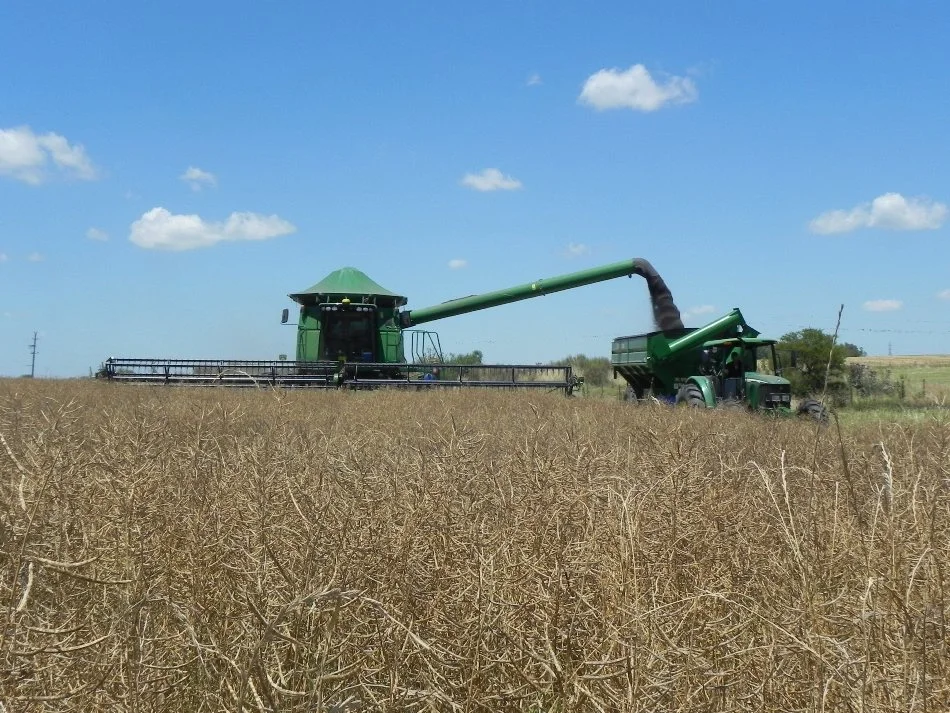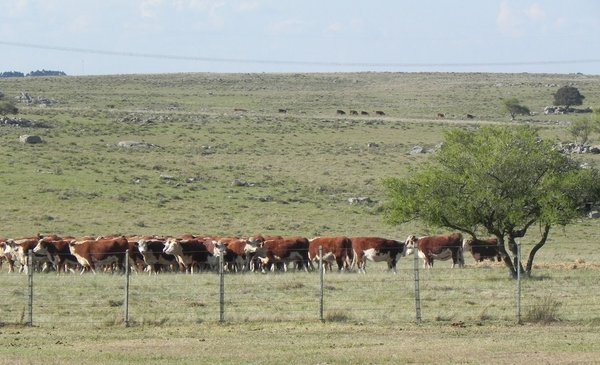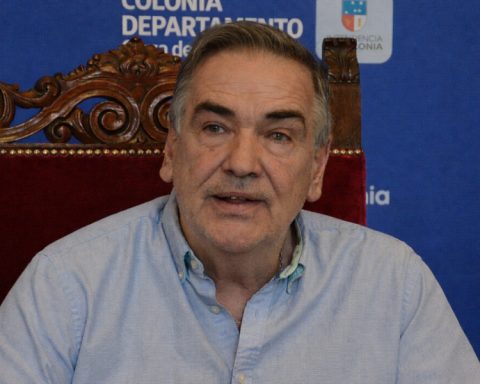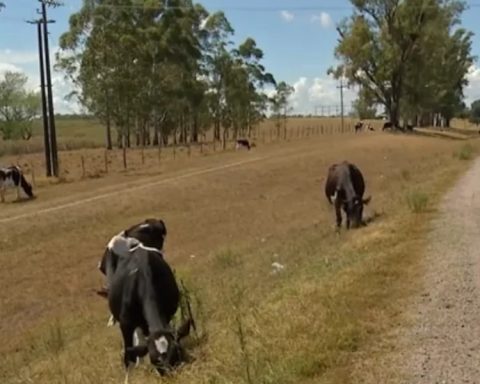In the north of the country this Monday the heat wave forecast by the Uruguayan Institute of Methodology (Inumet) began to be felt, and that plus the low availability of water in a good part of the department (more than anything in the west) makes farmers concerned about the state of the animals.
“Where there is no shade the cattle really suffer. Water in the pastures and shade is essential to be able to go through these rough moments well ”, he indicated to The Observer Jorge Riani, former president of the Rural Federation (FR) and producer in the area.
He assured that “producers are going to have to pay more attention to the water issue, it is something that I think today has taken on fundamental importance.”
The Inumet announced a warm air mass that will affect the coast from Monday 5 to Thursday 8 December and will cause extreme temperatures”, reported in a statement. For the indicated period minimum temperatures are expected to exceed 19 °C and maximum temperatures of 34 °C.
Due to the high temperatures, cattle may suffer heat stressa condition that impacts your body condition and milk productionbecause when it is very hot they stop eating – partly in search of shade – which can also complicate pregnancies, explained Justino Zavala, a dairy farmer from Canelones, to The Observer.
Pexels
“Producers are going to have to pay more attention to the water issue, which I think today took on fundamental importance,” Riani said.
Riani explained that if the cattle have access to grass, good quality water and shade, “the suffering is not so much”but a concern now faced by growers is that due to the water deficit accumulated in the past months, pasture production can be complicated, at a time when “grass is produced for the rest of the year”and with a third consecutive and ongoing La Niña “the concern is great,” he said.
As he mentioned, in addition, the work schedules must be changed, for example, starting at 5:00 until 10:00 and resuming at 4:00 p.m. until night, because in the hottest hours, working outdoors becomes more difficult.
“There are people selling cattle because the fields are very dry and the availability of pasture is low”counted.
Warning for HEAT WAVE
It begins on 12/05/2022 and ends on 12/08/2022.
More info: https://t.co/zY2u8OFmLu pic.twitter.com/shSeUcgZCn
– Inumet (@MeteorologiaUy) December 2, 2022
heat and crops
Elena Loaces, head of the Technical Department of the Rural Union of Flores (URF), commented to The Observer that in the case of crops, the heat wave may not affect that much, since on the one hand the winter crop harvests are well advanced, and on the other the summer crop plantings, which are already implanted, do not have much water demand.
The rapeseed crop of the URF –which has crops in Flores, Durazno, San José and Florida– is close to finishing (90%). Due to the heat, “there could be some damage to some of the farms, but we are not seeing any of that yet,” he commented.
Wheat and barley could see their moisture affected by the heat wave, and from an acceptable minimum of 14% grain moisture they could reach 10%, detailed the technique. “It is negative because some kilos are lost, but it does not affect the overall or quality“, said. Until now the harvests have been done with an average of 4,200 kilos per hectare of yield for wheat and 4,700 for barley.
On the other hand, regarding the crops, he said that “emergencies” have not been seen. It will be sown dry and that could cause some problems, but the producers are still waiting for some rainfall. Those that have occurred so far have been disparate, he stressed. What is already planted and born “I think it will tolerate this heat wave well, because in the vegetative state they have low water consumption,” he explained.

The heat wave is not expected to affect crops.
Germán Bremermann, commercial manager of Barraca Erro, agreed that the heat wave might not affect crops, such as soybeans, “if it rains on Friday or Saturday, I would say that everything continues very well,” he mentioned.
What may be affected is the crop of prime corn, which is beginning to flourish, “but it is not of great impact because it is a smaller area at the country level,” he added.

















